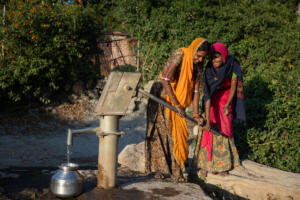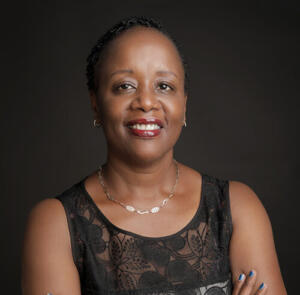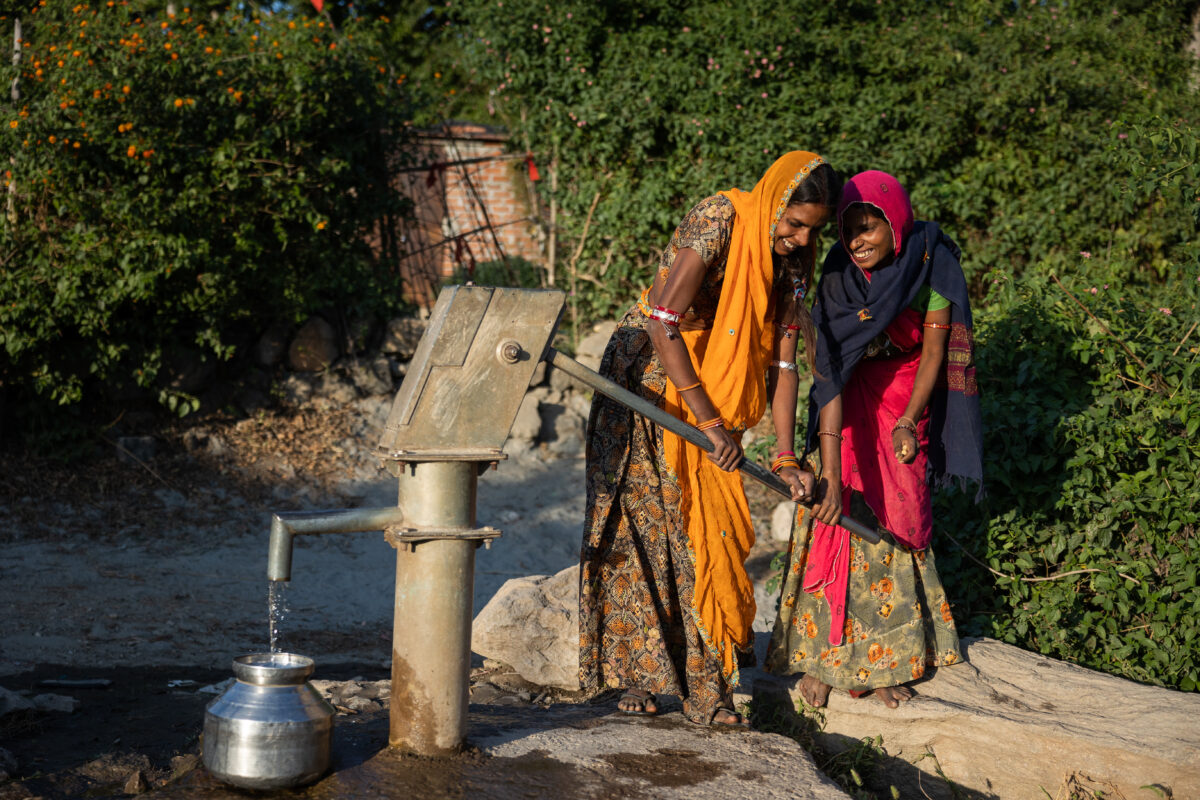Dear colleagues, Tomorrow is International Women’s Day. As we mark this occasion, do you know what I think women want? Above all else, women want to be listened to. Too often, experts in every field want to tell women what to do. We hear them say: “You shouldn’t have any more children – you can’t afford them.” Sometimes quickly followed with, “You should have many more children! Our country’s demography needs it!”Women are not faucets governments can turn on and off when they find useful. Women are busy living their lives, and they don’t have time to build their dreams around what policymakers, providers, or anyone else thinks is best for them.
Our job is to listen. Women will tell us what they need and what works for them. If we build programs and policies without their input, those programs are destined to fail. They must be tailored to how women are living their lives, not the other way around. Nowhere is this more critical than in climate change policy and strategy. The world is facing the most pressing challenge of our lifetimes: adapting to and preparing for global climate change. Who should we be listening to? The answer is women!As I explain in a new piece with David Johnson, chief executive of Margaret Pyke Trust, women represent nearly half of all smallholder farmers in many low- and middle-income countries. They’re responsible for producing most of the world’s food supply. The World Health Organization says girls are twice as likely as boys to be responsible for collecting water for their household. Women will be most affected by the effects of climate change, as they spend more and more time collecting water, tending to struggling crops, and more.For International Women’s Day, take a moment to listen to women. We can’t afford to miss what they’re saying.Onward!
Samukeliso Dube FP2030 Executive Director
 Women are tasked with caring for families through climate-change fueled disasters. How can we help?
Women are tasked with caring for families through climate-change fueled disasters. How can we help?
The UN estimates 1.8 billion people will live in water-stressed areas in less than 10 years. This will disproportionately impact women and girls who will spend increasing amounts of time searching for and collecting water, among other tasks. Regional and global climate change strategies have to take into account the lived experiences of women and girls. Learn more from Dr. Samukeliso Dube, Executive Director, FP2030, and David Johnson, Chief Executive, Margaret Pyke Trust.
 The FP2030 East and Southern African Regional Hub team recently held their first official visit to Ethiopia. Check out the coverage from this visit.
The FP2030 East and Southern African Regional Hub team recently held their first official visit to Ethiopia. Check out the coverage from this visit.
“This year as we began to review progress on FP2030 commitments, Ethiopia is the first country we visited. We held very fruitful discussions with senior leadership, technical leads from the ministry of health, and various development and implementing partners.”
Hear more from Dr. Sheila Macharia, Managing Director, FP2030 East and Southern Africa Regional Hub, on the FP2030 LinkedIn.
More about Ethiopia’s progress on its FP2030 commitment:
- Ethiopia signs agreements to increase access to family planning
- Ethiopia to scale up family planning delivery in humanitarian settings and remote areas
- Ethiopia using health data for decision-making at each level of health system to achieve family planning milestones
More from FP2030 Regional Hubs: From North, West, and Central Africa: FP2030 makes formidable entry into the Middle East and North Africa region
FP2030 now leads the High Impact Practices in Family Planning (HIPs) Secretariat
FP2030 is proud to announce our new role leading the High Impact Practices in Family Planning (HIPs) Secretariat. The HIPs have united and energized the family planning community around a small set of evidence-based interventions to prioritize for implementation and scale up, thanks in large part to the ground-breaking work of USAID to develop and implement the HIPs Partnership over the past 14 years. We’re excited to continue this important work in our new role. Learn more.
In Other News
As part of our ongoing commitment to fostering collaboration and progress in the faith community, we are pleased to share the comprehensive meeting report from FP2030’s Interfaith Action to Drive Progress on FP2030 Commitments workshop. This report captures the discussions, recommendations, and strategies outlined during the workshop. Season six of the Hidden Economics of Remarkable Women podcast launches March 12, with a new season focused on girls. What are the real economics of girlhood? What are the hidden costs? And how could girls actually shake up the global economy? This season will visit girls preventing child marriages in India, advocates who helped legalize abortion in Benin, LGBTQ+ activists in Kenya, and education innovators. Advocates are essential actors in the effort to ensure country policies and funding support a broad contraceptive method mix, including DMPA-SC and self-injection. The Injectables Access Collaborative (AC) has just completed a comprehensive update of the DMPA-SC Advocacy Pack, a go-to toolkit for advancing access to DMPA-SC and self-injection. This package includes 20 helpful resources including updated summaries of evidence and messaging, as well as templates for advocacy strategy development, policy briefs, and slide decks.This brief explores the new frontiers of applying a social-ecological lens to the monitoring and evaluation of provider behavior change (PBC) interventions. This brief builds on Breakthrough ACTON’s suite of PBC tools, including the Provider Behavior Ecosystem Map and the Provider Behavior Change Toolkit. The Ouagadougou Partnership Coordination Unit recently published its official synthesis report for the 2023 OP Annual Meeting (in French and English)
